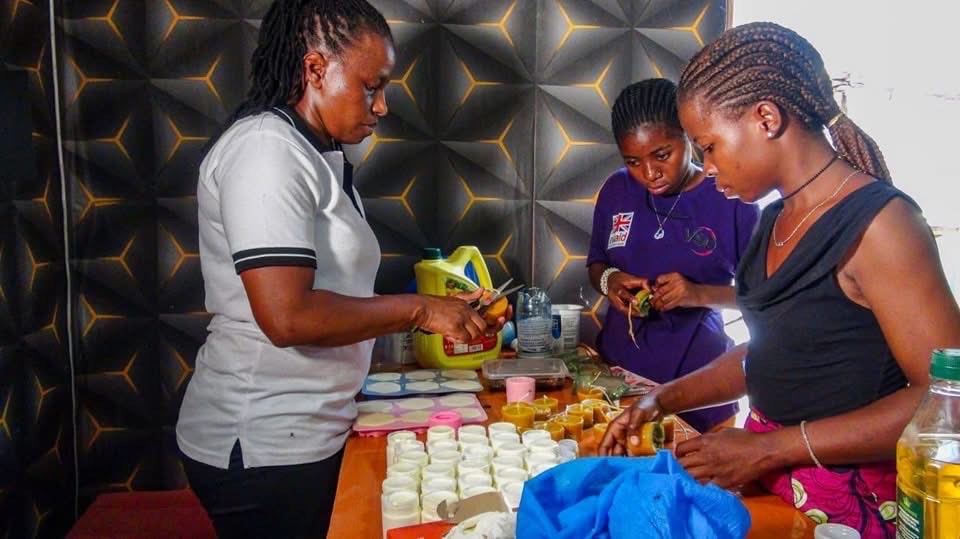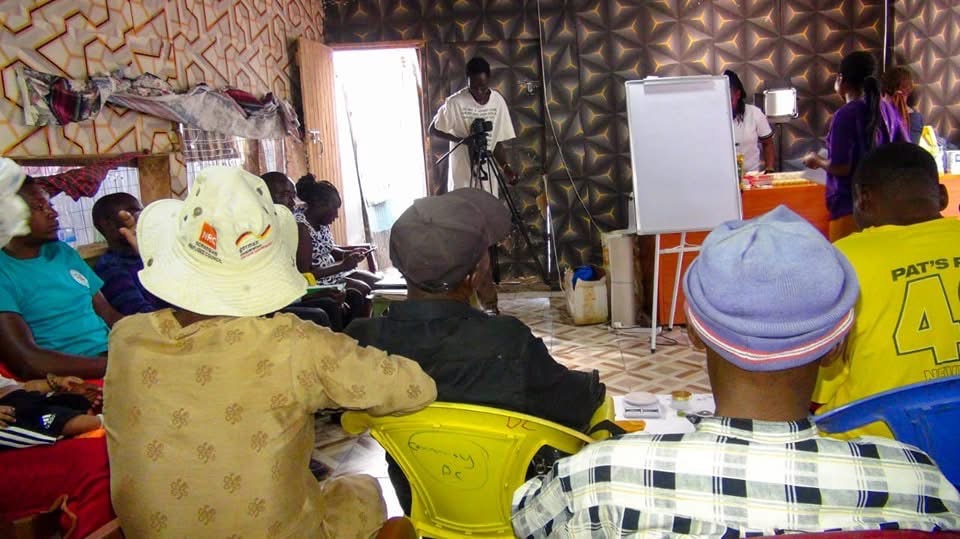Sh30 million project to turn Invasive mathenge weed into economic resource launched in Turkana

The project funded by the International Labour Organisation (ILO) targets Kakuma, Kalobeyei, Songot, Nanak, Letea, Pelekech, and Lopur in Turkana West Sub-county.
The Kenya Forestry Research Institute (KEFRI), in collaboration with the Turkana County Government, has launched a Sh30 million project to transform the invasive Prosopis juliflora (Mathenge) weed into an economic opportunity.
The project funded by the International Labour Organisation (ILO) targets Kakuma, Kalobeyei, Songot, Nanak, Letea, Pelekech, and Lopur in Turkana West Sub-county.
More To Read
- National Assembly lifts ban on forest harvesting at Eldoret International Airport, Boma Airstrip
- Kenya wins bid to host 2029 global forestry research congress
- KEFRI, Turkana county launch initiative to manage, utilize invasive Mathenge trees
- Garissa launches project to turn Mathenge weed menace into fortune
- Experts present Mathenge tree management plans to Environment Ministry
According to the county government, the one-year project will leverage climate-smart technologies to implement activities such as carbonisation for briquette and biochar production, as well as developing charcoal value chains.
 Community groups in Turkana trained on economic potentials of Mathenge weed by officials from KEFRI. (Handout)
Community groups in Turkana trained on economic potentials of Mathenge weed by officials from KEFRI. (Handout)
Patrick Mwirigi, KEFRI’s Assistant Director for Turkana West, announced that a training and incubation centre would be established in the region to enhance economic opportunities for the local community.
"Through research, the project will create a platform for community-led initiatives, enabling the production of high-value animal feed from the plant's pods and twigs for commercialisation, thereby empowering the targeted communities," he said.
He added: "Through the joint efforts of various stakeholders, the project aims to change the negative perception of the invasive plant, locally known as Mathenge, and unlock its economic potential."
By adopting an Employment Intensive Investment Approach (EIIP), the project is expected to create 1,040 green jobs, directly benefiting approximately 8,000 households in Turkana West.
As part of the project launch, 30 members of the Kakuma Bee Group, comprising both host and refugee communities, received training on diversified Prosopis value chains. This included producing soap, body creams, candles, beauty products, and exploring the medicinal benefits of the plant’s by-products, such as wax and honey.
Mwirigi highlighted that research has shown communities can generate up to Sh45 million annually from the sale of charcoal and poles. These earnings could be significantly increased through environmentally friendly methods, such as briquette production.
The Kakuma Bee Group also learned about the benefits of Prosopis juliflora in apiculture.
Joan Kibet, a KEFRI researcher, emphasised the plant’s potential in energy production, beekeeping, and animal feed, among other uses, as ways to address the challenges posed by the plant, which has colonised indigenous plants in grazing and arable lands.
Top Stories Today















































